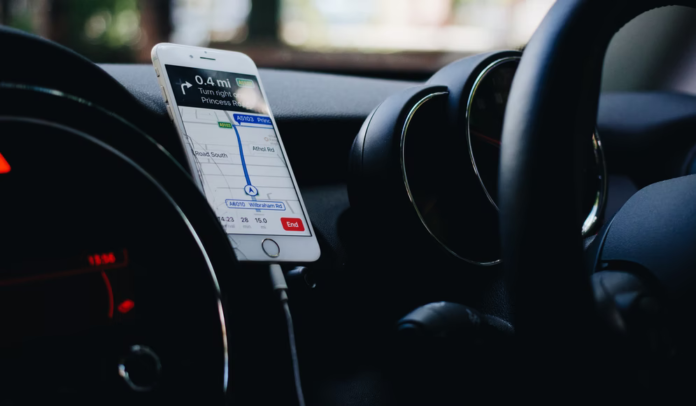When you are behind the steering wheel of your car, it is easy to think that all of the responsibility for ensuring that you don’t get into an accident lies with you. Unfortunately, things are different when it comes to rideshare car accidents. Given the enormous scope of this industry and how it has evolved over a relatively short period, accidents may be inevitable. If you are involved in an accident involving a rideshare company, it is important to understand your rights. To learn more about liability when it comes to rideshare car accidents, here are six things you should understand.
The “Employer” Of Rideshare Drivers Is A Contractor
One thing to understand about rideshare companies is that their drivers are usually classified as independent contractors of the company. This means that drivers are not technically employees of the company and therefore do not receive benefits or protections that other employees might get. However, as the Ann Arbor rideshare car accident lawyer explains, it is important to note that some companies do provide a type of insurance known as contingent comprehensive liability insurance. This policy usually kicks in if a driver’s policy doesn’t cover an incident. It also provides coverage up to 1 million per accident while a rideshare driver is on the way to pick up a passenger or going from one location to another after picking up a passenger.
Who Pays The Bill When A Rideshare Driver Causes Injury?
Rideshare companies utilize different strategies when it comes to insurance coverage and how they apply once a claim has been made against their independent contractors. For example, Uber expressly claims that all UberBLACK drivers must maintain commercial-level insurance coverage, including $1 million in liability coverage per incident as well as $1 million in uninsured/underinsured motorist coverage. Meanwhile, UberX (the cheapest option for riders of Uber) operates with no insurance or out-of-pocket expense to the driver at all. Whether you are injured or not, if you plan on utilizing these services in the future, it may be wise to make sure that you have additional insurance over and above what is provided by the rideshare company to protect yourself against financial risk in case something does happen.
Rideshare Drivers Do Not Have To Receive Any Form Of Training
Another important thing to understand about rideshare drivers is that no state or federal laws are requiring them to receive any form of training. And since they are classified as contractors instead of employees, it means the companies do not have the same duty to ensure their safety as an employer would. This lack of training can be especially dangerous when it comes to driving in adverse weather conditions, but there are no requirements for formal licenses or certifications before allowing someone behind the wheel.
Rideshare Insurance Can Vary Depending on the Operator
Other factors make it difficult to assess liability when it comes to rideshare car accidents. For example, Uber and Lyft have slightly different insurance guidelines depending on where you live or what city you’re in. For example, Uber expressly states that if you live in one of the cities where their rideshare insurance coverage applies (check here to see if your state is one of them), then any accident caused by an Uber driver will not be subject to underinsured motorist limits. However, this same protection only applies when the driver has the app turned on and accepts fares through the app.
There Is No Passenger Liability Under Rideshare Insurance
Finally, it’s important to remember that even though rideshare drivers are covered by insurance, they may not cover you. The reason for this is because these policies are generally created with coverage in mind for those who are using the service as a passenger (i.e., you). The policy will typically exclude injuries if you are an occupant inside another vehicle at the time of the accident unless there is that expressly covers driver/passenger negligence. Also, rideshare policies can have a clause that excludes injured passengers from receiving compensation if the driver’s negligence were only a contributing factor to the accident. In other words, you might need to seek compensation from another party in addition to seeking what is available under the ridesharing policy.
A Personal Injury Lawyer Can Help You Analyze Your Case
If you or someone you love has been injured in a rideshare accident, it is important to understand your legal options. A personal injury lawyer can help you analyze your case and determine who may be liable for what happened. It is also important to know that no matter which company the driver works for, you may be able to seek damages from different parties associated with the incident. Furthermore, they can also help you determine whether or not it would be a good idea to file a claim against your insurance company or the insurance the rideshare company provides.
It is important to consider all of these facts when it comes to rideshare car accidents because the liability is not as clear-cut as it is with other types of motor vehicle accidents. By understanding your rights and how to protect them, you can take the necessary steps to seek the compensation you deserve after an accident.




